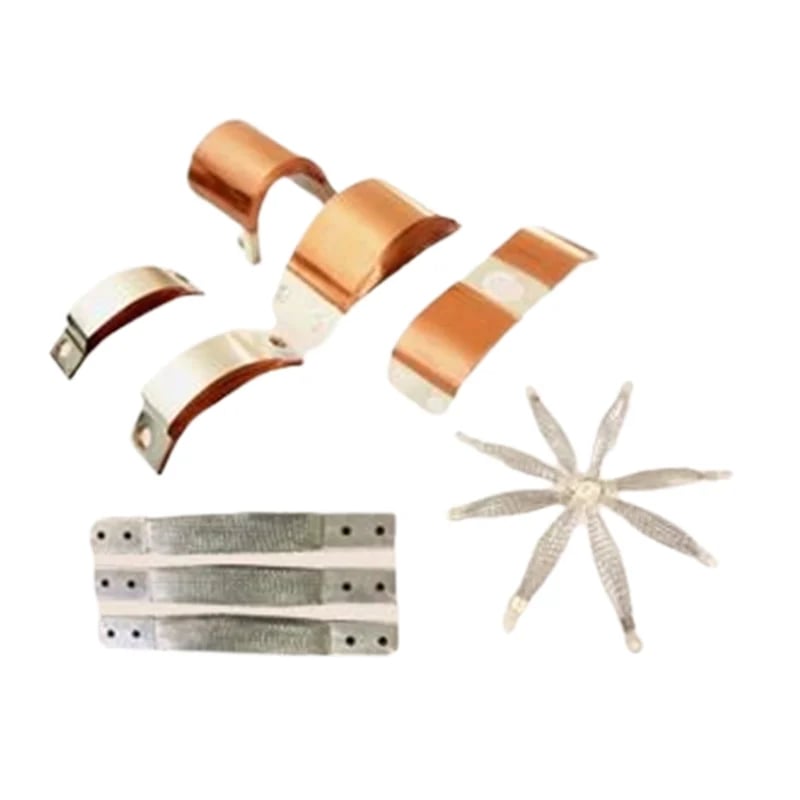The Importance of Flexible Connectors in Industrial Applications
Introduction: Industrial applications rely heavily on machinery and equipment to operate effectively. These machines require a variety of components to function properly, including flexible connectors. Flexible connectors are essential for connecting different parts of machinery and equipment, allowing for smooth operation and preventing damage caused by vibration and movement.
What are Flexible Connectors?
Flexible connectors are components that connect two different parts of machinery or equipment while allowing for movement and vibration. These connectors are typically made of rubber or metal and can be used in a variety of applications, including HVAC systems, piping, and machinery.
Why are Flexible Connectors Important?
Flexible connectors are essential for industrial applications because they help prevent damage caused by vibration and movement. Without these connectors, machinery and equipment would be more prone to wear and tear, leading to costly repairs and downtime.
Types of Flexible Connectors
There are several types of flexible connectors available for industrial applications, including rubber connectors, metal connectors, and braided connectors. Rubber connectors are ideal for applications that require flexibility and vibration absorption, while metal connectors are best for high-temperature applications. Braided connectors are used in applications that require both flexibility and high pressure resistance.
Benefits of Flexible Connectors
Flexible connectors offer several benefits for industrial applications, including reduced wear and tear on machinery, improved safety, and increased efficiency. These connectors also help to reduce noise levels and prevent leaks, ensuring that machinery and equipment operate smoothly and efficiently.
Choosing the Right Flexible Connector
Choosing the right flexible connector for your application is essential for ensuring optimal performance and preventing damage. Consider factors such as temperature, pressure, and the type of equipment being used when selecting a flexible connector.
Conclusion
Flexible connectors are essential components for industrial applications, providing a variety of benefits including improved safety, increased efficiency, and reduced wear and tear on machinery. By choosing the right flexible connector for your application, you can ensure that your machinery and equipment operate smoothly and efficiently.

